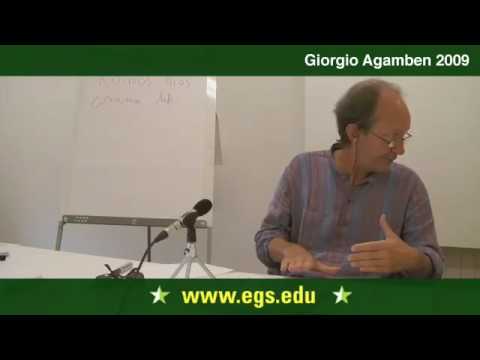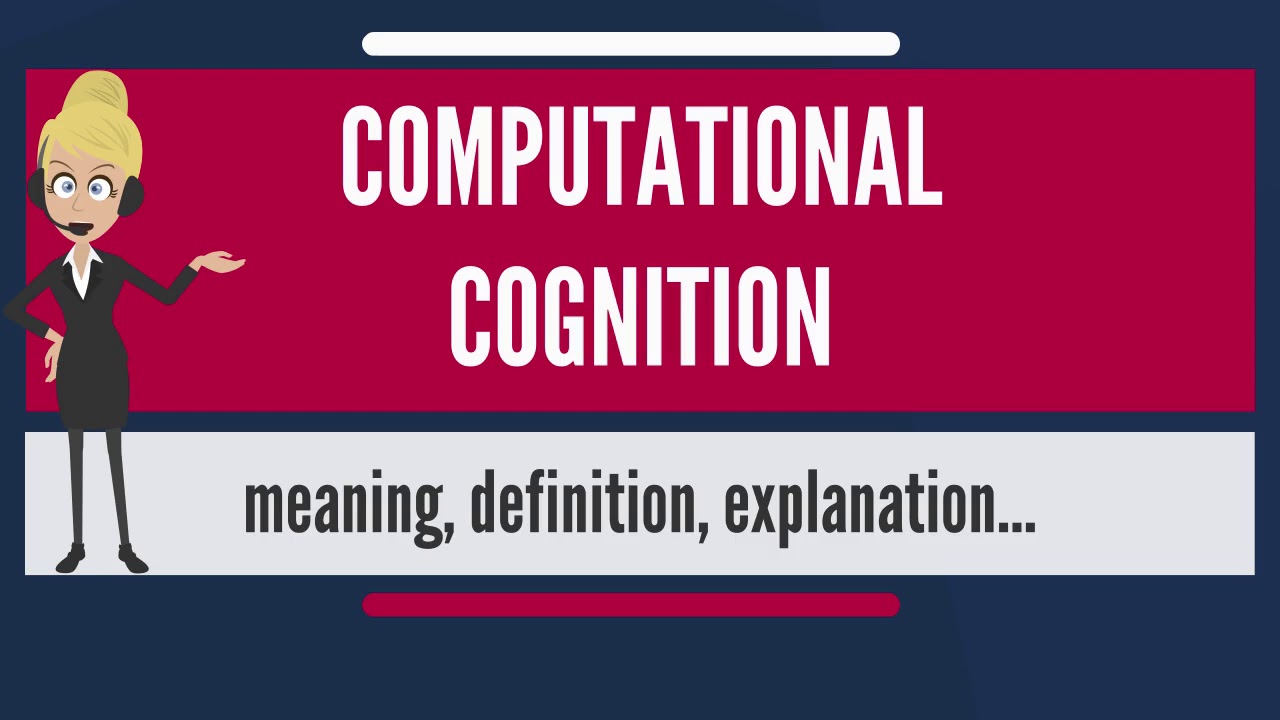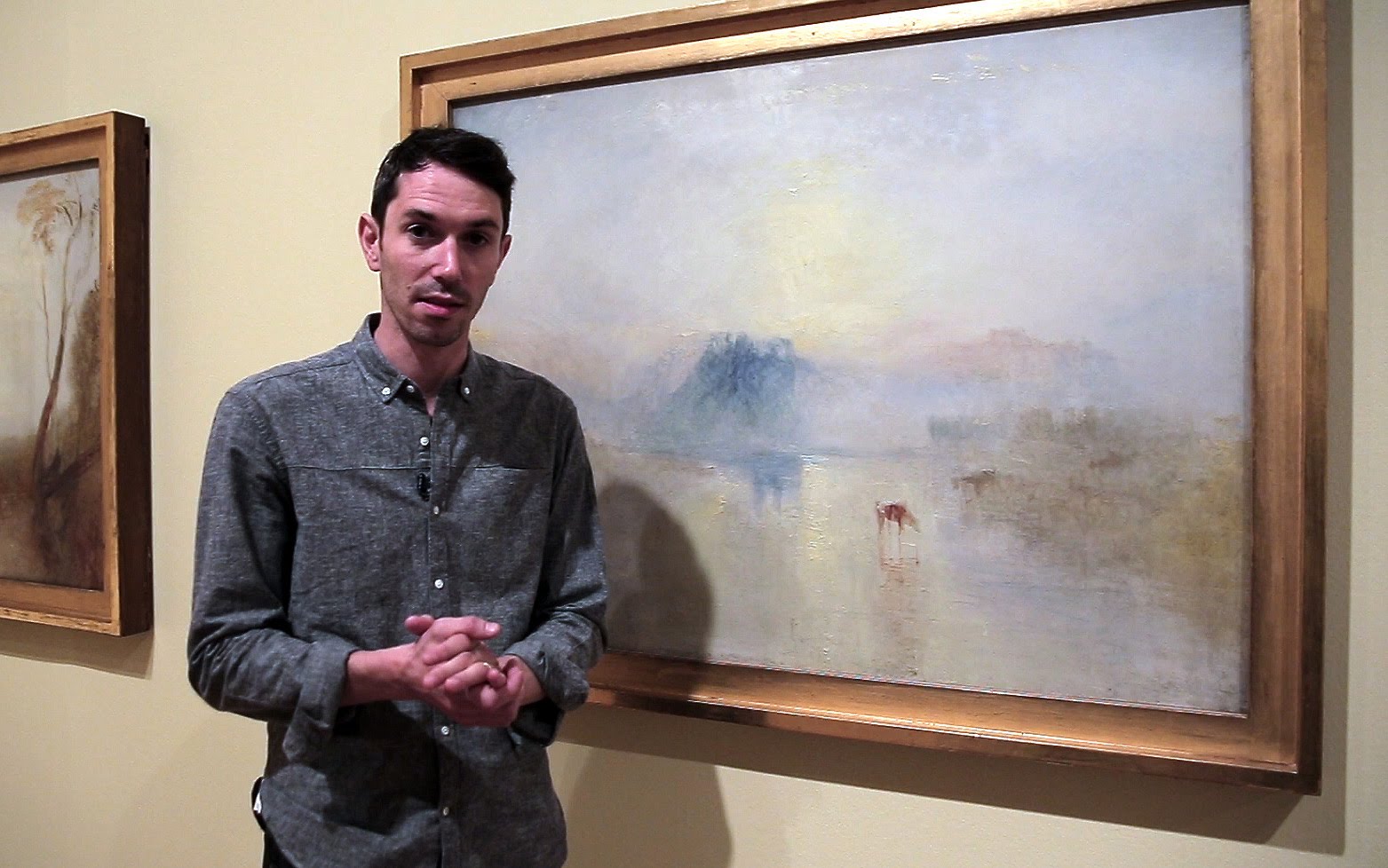http://www.egs.edu/ Giorgio Agamben offering an analysis of power through an investigation of the paradox of monastic life in light of his concept, form-of-life. He spoke about St Francis, Catholic rule or regula, papal power and the history of the monastic experience. Drawing on a history of that shows the progressive control of the monastery by the church. He spoke about spiritualists, Pope John XXIII, the role of the apostate, existence and essence, law and life, Edward Muybridge and Étienne-Jules Marey, schema and rythmus, and looked at monastic literature. Public open lecture for the students and faculty of the European Graduate School (EGS).
Giorgio Agamben is perhaps Italy’s most famous contemporary philosopher; as a leading figure in both philosophy and radical political thought, he has been intimately connected, along with Antonio Negri and Paolo Virno to Italy’s post-1968 leftist politics. During his tenure as professor at the Universita di Venizia, he has written widely on philosophy, politics, theology as well as radical critical theory—indeed, there is little in the world of critical theory that he has not at some point touched upon. Working in the wake of such thinkers as Michel Foucault and Jacques Derrida, as well as Martin Heidegger (with whom he studied with as a post-doctoral student) Agamben has become one the most influential thinkers of his generation, concerned primarily with the proper ethical and political task of thought.
With over sixteen titles translated into English so far, Agambens work covers fields as diverse as Biblical studies, cinema, classical and medieval literature, linguistics, juridic philosophy, as well as commentary on world politics, theories of language, friendship, art, aesthetics, poetics and more. Agamben, continuing the work of both Foucault and Derrida, through incisive studies of history and philosophy, as well as philology, seeks to confront and unwind the aporias and gaps which bind us in our mundane existence. Agambens key question, to which which he draws attention in his introduction to the English language translation of Infancy and History, is what it means for language to exist. Through Infancy and History, Language and Death, and most recently, The Open, Agamben critically reconsiders what it takes for metaphysical presuppositions to exist, and indeed claims that the defining essence of mankind is that of having a language. In Infancy, Agamben is seeking to define the moment of experience which precedes the acquisition of language, not in a temporal or behavioral sense, but rather as a moment which continues to reside in any appropriation of language.
In his most well known book, Homo Sacer, Agamben uses Roman law as a departure point to investigate how, in contemporary politics, the “state of exception”—in which the law is suspended by the sovereign (or the republic)—has become no longer extraordinary, but in fact commonplace. Tracing the history of the state of exception from Aristotle through to contemporary times, he argues that the sovereign has constantly placed the idea of a state of exception—a state that remains outside (or above) both holy and mundane law—as a foundation for its actions. Turning from the idea of the state to the idea of community, Agamben traces, in his 1990 book The Coming Community, a delicate re-designation of community in which he puts forward the idea of whatever singularities. In this, Agamben draws a portrait of a whatever singularity as being a form of being that radically rejects any manifestation of identity and wholly appropriates being to itself. Drawing on the event of Tiananmen Square, and presaging the abstruse War on Terror, Agamben claims that future struggles will not be between states, but will be instead between State and humanity. Jean-Luc Nancy describes the coming community as a community beyond any conception under this name; not a community of essencebut a being-together of essences. In his most recent book, What Is An Apparatus, Giorgio Agamben seeks to expand Foucault’s use of the term apparatus, or dispositif, to include, and implicate, all networks that bind us and and result not in the production of a subject, but a de-subjected subject.
Giorgio Agamben’s translated books include The Coming Community (U Minnesota, 1993); Homo Sacer: Sovereign Power and Bare Life (Stanford, 1998); The Open: Man and Animal (Stanford, 2002); State of Exception (U Chicago, 2003). Giorgio Agamben’s most recent book, What Is An Apparatus was published in 2009 by Stanford University Press.
European Graduate School Video Lectures
Source



